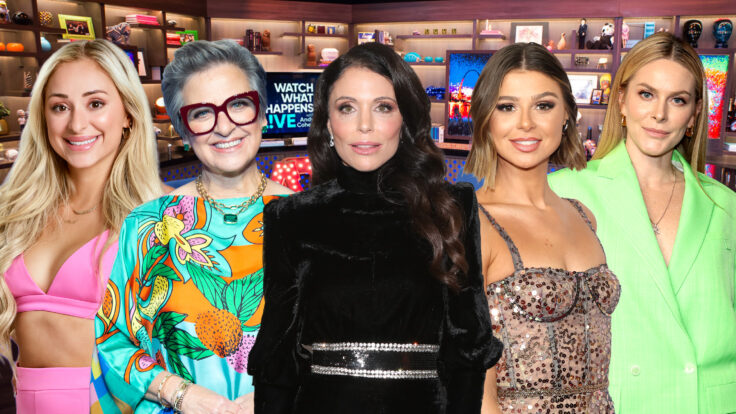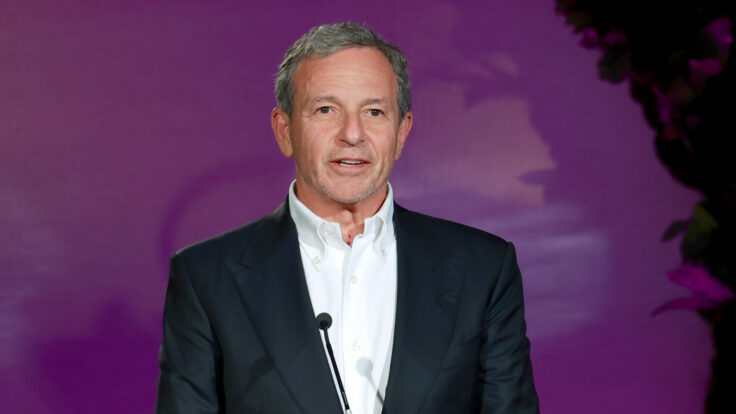These days, for the first time in awhile, there are some obvious good things to talk about at Amazon Prime Video, right? It has a hit in Thursday Night Football, its $1 billion foray into exclusive sports, which drew 13 million viewers for its debut game. And just today, Nielsen revealed that the first two episodes of The Lord of the Rings: The Rings of Power—which, if you haven’t heard, is the Most Expensive TV Show Ever—generated 1.3 billion minutes of viewing in the U.S. during its first three days. I actually thought it would be bigger, but Rings blew past other streaming shows during its premiere week (including HBO’s House of the Dragon), and became Prime Video’s most-watched debut ever.
Yet it’s funny, Hollywood people don’t want to talk about that. With Amazon, they only seem to discuss what’s going on at MGM, who might be getting the long-vacant film studio job, what’s taking so long, and whether, given the $8.5 billion that Amazon paid for the company and the investment required to compete in Hollywood, C.E.O. Andy Jassy might be looking at the new asset and saying to his senior V.P. Mike Hopkins, Wait, why again did you buy this?

















